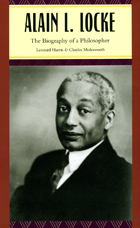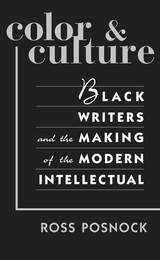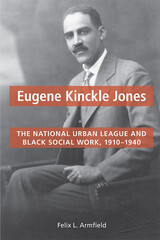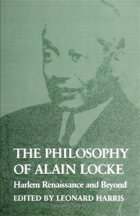

The coining of the term “intellectuals” in 1898 coincided with W. E. B. Du Bois’s effort to disseminate values and ideals unbounded by the color line. Du Bois’s ideal of a “higher and broader and more varied human culture” is at the heart of a cosmopolitan tradition that Color and Culture identifies as a missing chapter in American literary and cultural history. The book offers a much needed and startlingly new historical perspective on “black intellectuals” as a social category, ranging over a century—from Frederick Douglass to Patricia Williams, from Du Bois, Pauline Hopkins, and Charles Chesnutt to Nella Larsen, Zora Neale Hurston, and Alain Locke, from Ralph Ellison and James Baldwin to Samuel Delany and Adrienne Kennedy. These writers challenge two durable assumptions: that high culture is “white culture” and that racial uplift is the sole concern of the black intellectual.
The remarkable tradition that this book recaptures, culminating in a cosmopolitan disregard for demands for racial “authenticity” and group solidarity, is strikingly at odds with the identity politics and multicultural movements of our day. In the Du Boisian tradition Ross Posnock identifies a universalism inseparable from the particular and open to ethnicity—an approach with the power to take us beyond the provincialism of postmodern tribalism.

Drawing on interviews with Jones's colleagues and associates, as well as recently opened family and Urban League archives, Felix L. Armfield blends biography with an in-depth discussion of the roles of black institutions and organizations. The result is a work that offers new details on the growth of African American communities, the evolution of African American life, and the role of black social workers in the years before the civil rights era.

This collection of essays by American philosopher Alain Locke (1885-1954) makes readily available for the first time his important writings on cultural pluralism, value relativism, and critical relativism. As a black philosopher early in this century, Locke was a pioneer: having earned both undergraduate and doctoral degrees at Harvard, he was a Rhodes scholar at Oxford, studied at the University of Berlin, and chaired the Philosophy Department at Howard University for almost four decades. He was perhaps best known as a leading figure in the Harlem Renaissance.
Locke’s works in philosophy—many previously unpublished—conceptually frame the Harlem Renaissance and New Negro movement and provide an Afro-American critique of pragmatism and value absolutism, and also offer a view of identity, communicative competency, and contextualism. In addition, his major works on the nature of race, race relations, and the role of race-conscious literature are presented to demonstrate the application of his philosophy. Locke’s commentaries on the major philosophers of his day, including James, Royce, Santayana, Perry, and Ehrenfels help tell the story of his relationship to his former teachers and his theoretical affinities.
In his substantial Introduction and interpretive concluding chapter, Leonard Harris describes Locke’s life, evaluates his role as an American philosopher and theoretician of the Harlem Renaissance, situates him in the pragmatist tradition, and outlines his affinities with modern deconstructionist ideas. A chronology of the philosopher’s life and bibliography of his works are also provided. Although much has been written about Alain Locke, this is the first book to focus on his philosophical contributions.
READERS
Browse our collection.
PUBLISHERS
See BiblioVault's publisher services.
STUDENT SERVICES
Files for college accessibility offices.
UChicago Accessibility Resources
home | accessibility | search | about | contact us
BiblioVault ® 2001 - 2024
The University of Chicago Press









